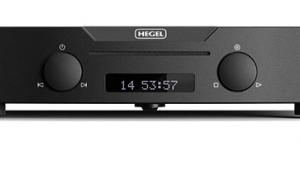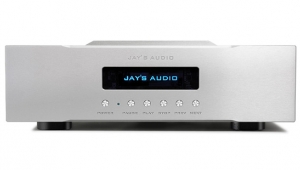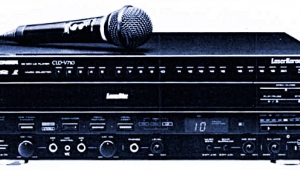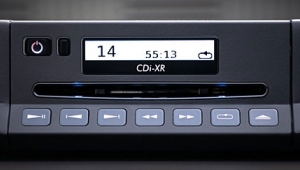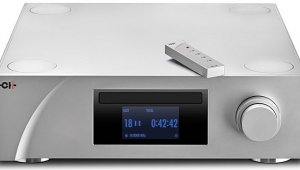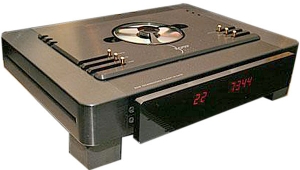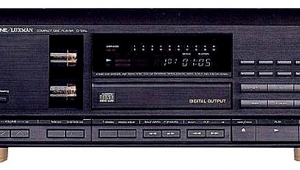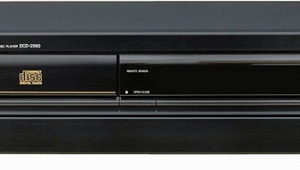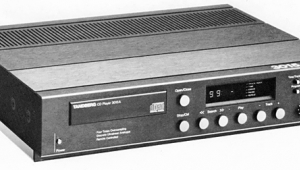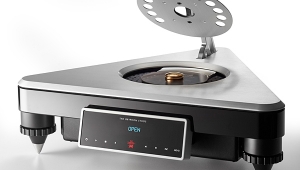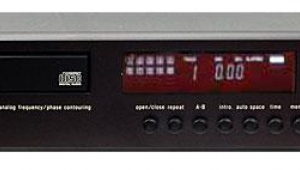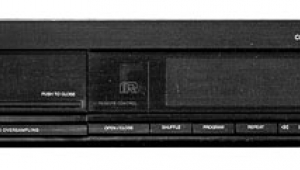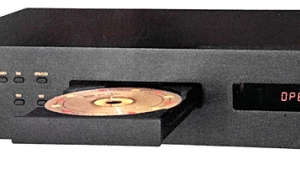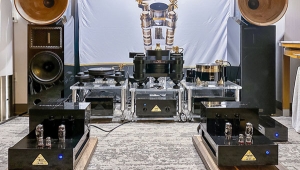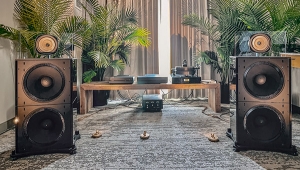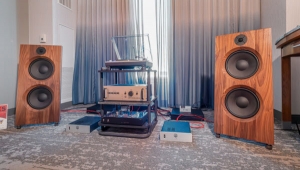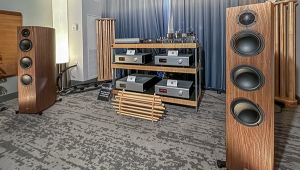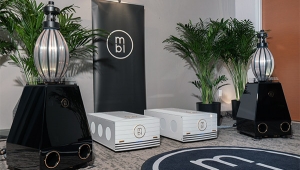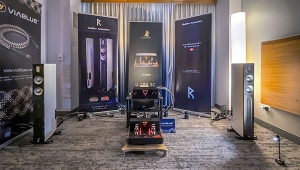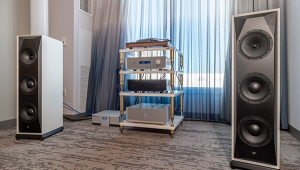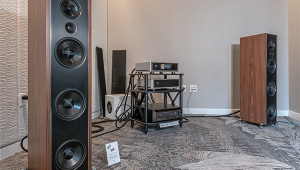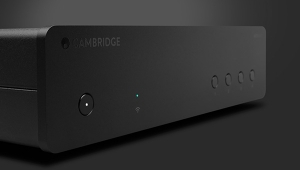| Columns Retired Columns & Blogs |
Sony CDP-101 Compact Disc Player Letters
A letter in response to Gordon's advocacy of CD appeared in October 1983, Vol.6 No.4
The Ugly Digital
I suggest you learn to hear the ugly quality added to winds, brasses, and strings solo or concerted in all audio signal passed through the A/D D/A process. Don't be beguiled by the lack of noise and the lower wow/flutter. Music is made ugly by the process, in my hearing experience.—Don Siveserid
We find it truly fascinating that digital sound has no middle ground. Those who like it believe, on the basis of their hearing experience, that it is the most accurate recording medium ever contrived. Those who don't are hysterical in their condemnation of it, using such words as "horrible," "grotesque," "filthy", and of course "ugly" to describe what they don't like about it. (Whatever happened to "Not very good"?)
The impassioned intemperance of these criticisms should be a tip-off to any neutral observer that there is more involved here than the considered criticism of a new recording medium.
The general tone is in fact surprisingly like that with which Fundamental Creationists attack Godless Commie evolutionism. It is the rage of frustration, born of a completely unsupportable gut feeling that some thing ought to be, and made even more infuriating by the evidence that other people don't seem to think it is.
So far we haven't received one letter which says, "I played one of my favorite analog records, taped the preamp output on a digital recorder, and compared the two. The digital tape ruined the music and made it ugly." Stereophile readers will remember that that's exactly what we did when testing both the Sony PCM-1 and PCM Fl but we found the digital sound slightly cleaner even than the original, presumably because the high-frequency mistracking from the disc was not preserved on the digital tape. Of course there are a lot of just awful-sounding digital sources, most of them analog discs of digital records. We don't like them any more than anybody else.
But after you've heard live digital tapes which are exquisite, and some of the Sonic Arts records which are gorgeous, you simply have to conclude that it's not the process of converting analog waveforms to numbers and back again (phase-shifting radical filters and all) which make digital sources sound bad. And if the digital process does have this potential for exquisite reproduction it should be pursued for all its worth since so many of the problems inherent in analog recording are thereby eliminated.
Audio fundamentalists still have the choice of eschewing anything digital, and they will continue to have it for the foreseeable future (analog discs will be around for a long time to come). But their refusal to adopt digital as a program source will simply confirm what we at Stereophile have suspected for lo these many years: that the purist's salaams at the altar of accuracy have a ring of hypocrisy. For the rest of us excellent digital reproduction is much better than even unusually good analog sources, with the possible exception of 30ips master tapes which we don't get to hear (and we don't think they're better than digital master tapes).
On the other hand, bad digital recordings (especially the analog discs of digitally mastered tapes) can be very bad—but if you've heard one good digital tape, disc, or Compact Disc, and we've heard many, good in precisely the things that matter most (preservation of timbral accuracy, dynamic range, subtle detail, and recording ambience), how can it be the A/D and D/A converters that are wrong with the bad digital recordings? It must be something else wrong with them.—J. Gordon Holt
- Log in or register to post comments
